detail profile fl c3 b3ra k c3 a1d c3 a1r

Info Pribadi
Peran Yang Di Mainkan Flóra Kádár
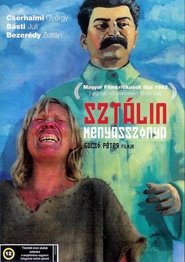 At a dusty crossroads in the...
At a dusty crossroads in the...Stalin's Bride 1991
At a dusty crossroads in the Soviet Union villagers surrender their possessions - a horse, a samovar, a goat - to the state. The train which takes them away brings to the village a physically and mentally handicapped woman, barely able to speak. She makes herself bracelets of burrs and studies herself in a cracked and cloudy mirror. Befriended by very few, teased and tormented by many she seeks protection at a huge portrait of Stalin.
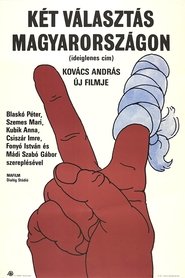 1985 Hungary has elections for the first...
1985 Hungary has elections for the first...Rear-Guard 1987
1985. Hungary has elections for the first time since long where more than one candidate is allowed to run. The engineer Bodnár is the most popular man in the rural town, who has defended the microclimate of the neighbourhood against a harmful project. Before the elections he is also put on the list. Local power launches a fight against him,
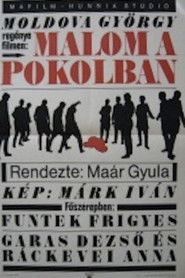 Janos Flandera Frigyes Funtek is a...
Janos Flandera Frigyes Funtek is a...Mills of Hell 1987
Janos Flandera (Frigyes Funtek) is a student who is kept by an older woman in this depressing drama. When he applies to a prestigious school in Moscow, he is turned down because he is a gigolo. Not only is his scholarship request denied, he is sentenced to a year in prison at hard labor. Janos abandons the jealous older woman who helped deny his entrance to the school. Punished after defending a political prisoner, Janos takes solace in love affairs, but his union with the crippled daughter of a prominent political official puts his life in danger.
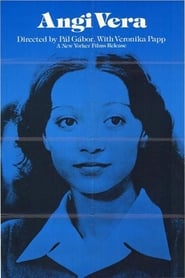 Angi Vera as a promising young...
Angi Vera as a promising young...Angi Vera 1978
Angi Vera, as a promising young woman, gets invited to a Communist training center to undergo the next level of indoctrination into Party life. She begins to realize how people get ahead in the Party: by saying things they don't mean but think are politically correct; by becoming friends with Party dignitaries, even if you don't like them; by being seen as a dedicated worker (as opposed to actually being a dedicated worker).
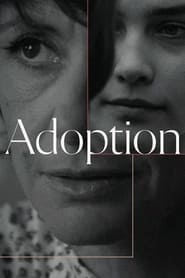 When middleaged Kata realises that her...
When middleaged Kata realises that her...Adoption 1975
When middle-aged Kata realises that her life will only be complete if she has a baby of her own, her longstanding-but-married boyfriend Joska refuses to comply. But by developing an unlikely friendship with the angst-ridden teenage orphan Anna, who is also involved in a controversial relationship, Kata discovers aspects of herself, and her role as a woman, that have gone unexamined throughout her entire, lonely life.
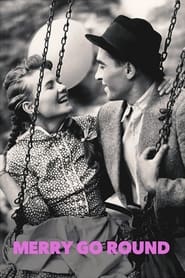 In a rural scenery in the...
In a rural scenery in the...Merry-Go-Round 1956
In a rural scenery in the throes of difficult changes lives a humble but promising young farmer girl called Mari Pataki. Her father forbids her from seeing the man she loves. The father, above all preoccupied by work on the fields and prospective wealth, decides to give his daughter in marriage to an old but rich man with whom he does business. Land marries land, he says. This seems to be the unyielding rule of the Hungarian peasantry. But the young lover is ready to stand up to any challenge to keep Maris love.
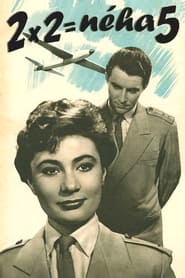 One of the most popular musical...
One of the most popular musical...2x2 Are Sometimes 5 1955
One of the most popular musical comedies of the 1950s starts with flirting between a bohemian sport pilot and a serious mathematics teacher. The lesson is that in life, not everything happens as would appear logical at the outset. In the wake of the inflexible and demagogic dramas of Stalinism, this colourful comedy was a true breath of fresh air. It is innovative not only for being full of great hits but also for being the first film in a very long time that was about pure love.
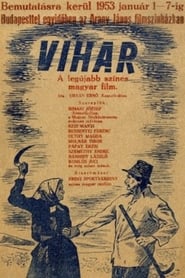 Vrs Hajnal Red Dawn a cooperative...
Vrs Hajnal Red Dawn a cooperative...The Storm 1952
Vörös Hajnal (Red Dawn), a co-operative is the venue of skylarking, while the storm destroys the wheat which is to be harvested soon. Árendás, a middle-peasant, voices severe accusations against members of the co-operative: out of negligence, they failed to keep the ditches clean. It is always the soft option they seem to favour, while the necessity of properly taking care of the farmlands is long-forgotten. Members of the co-operative and the village people are deeply divided.
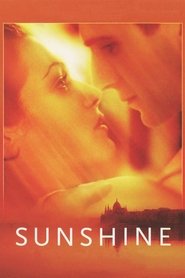 The fate of a Hungarian Jewish...
The fate of a Hungarian Jewish... In 1960s Hungary an introverted teenagers...
In 1960s Hungary an introverted teenagers...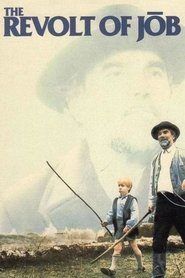 The story of a childless Jewish...
The story of a childless Jewish...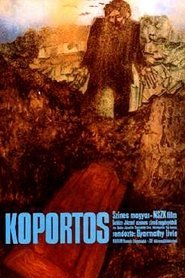 Balog Mihly the Gypsy man from...
Balog Mihly the Gypsy man from...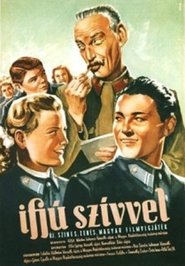 In the vocational school the professionally...
In the vocational school the professionally...